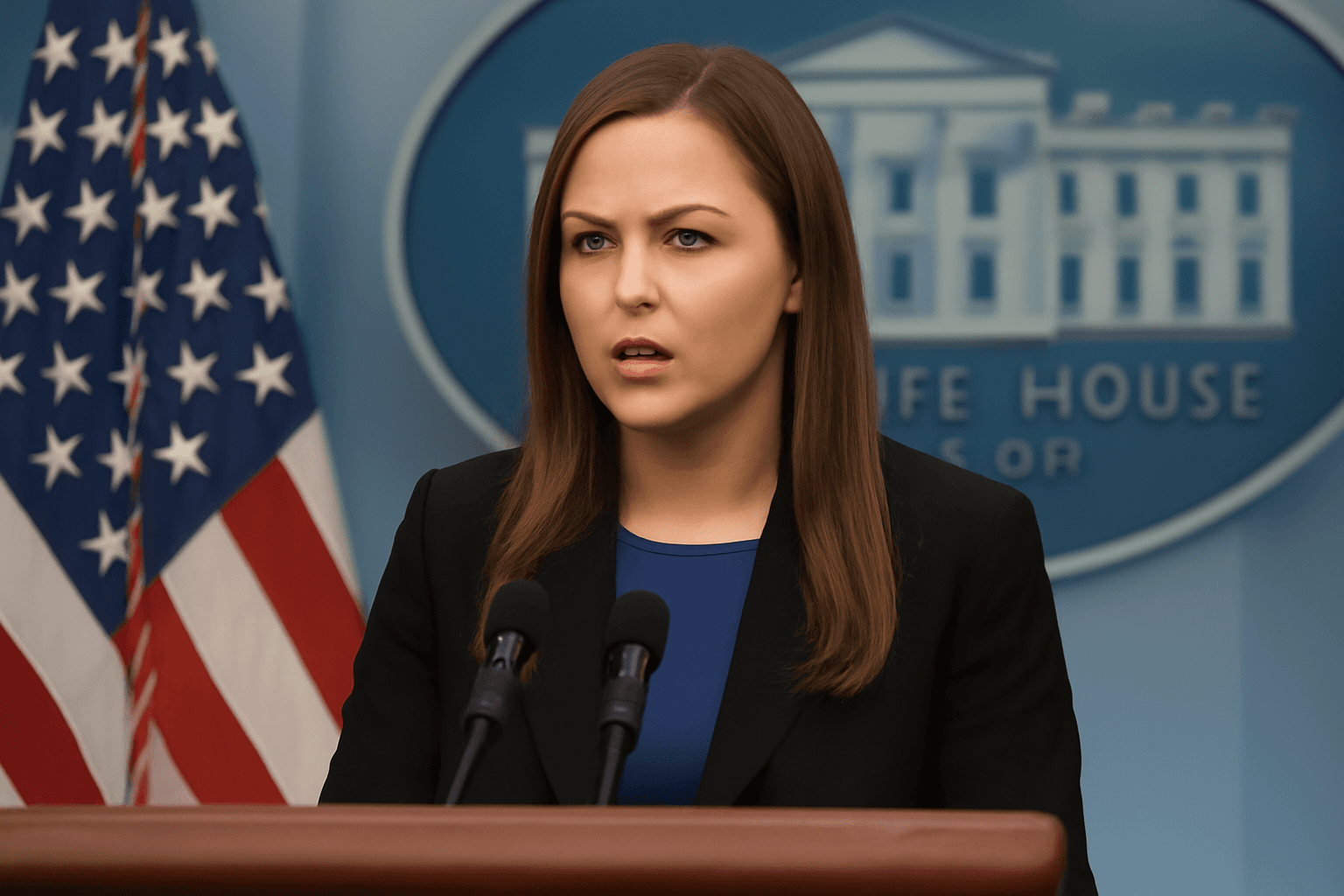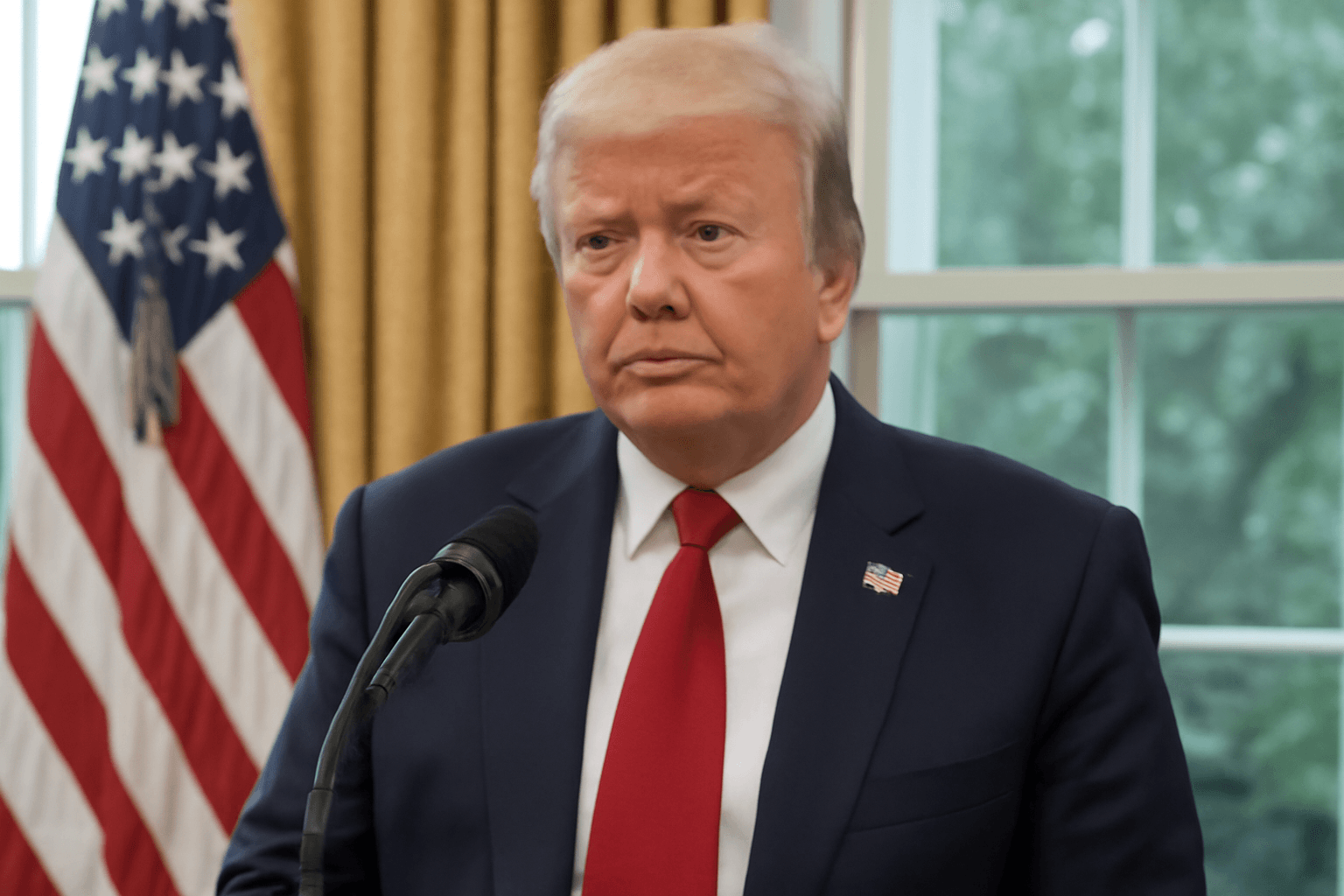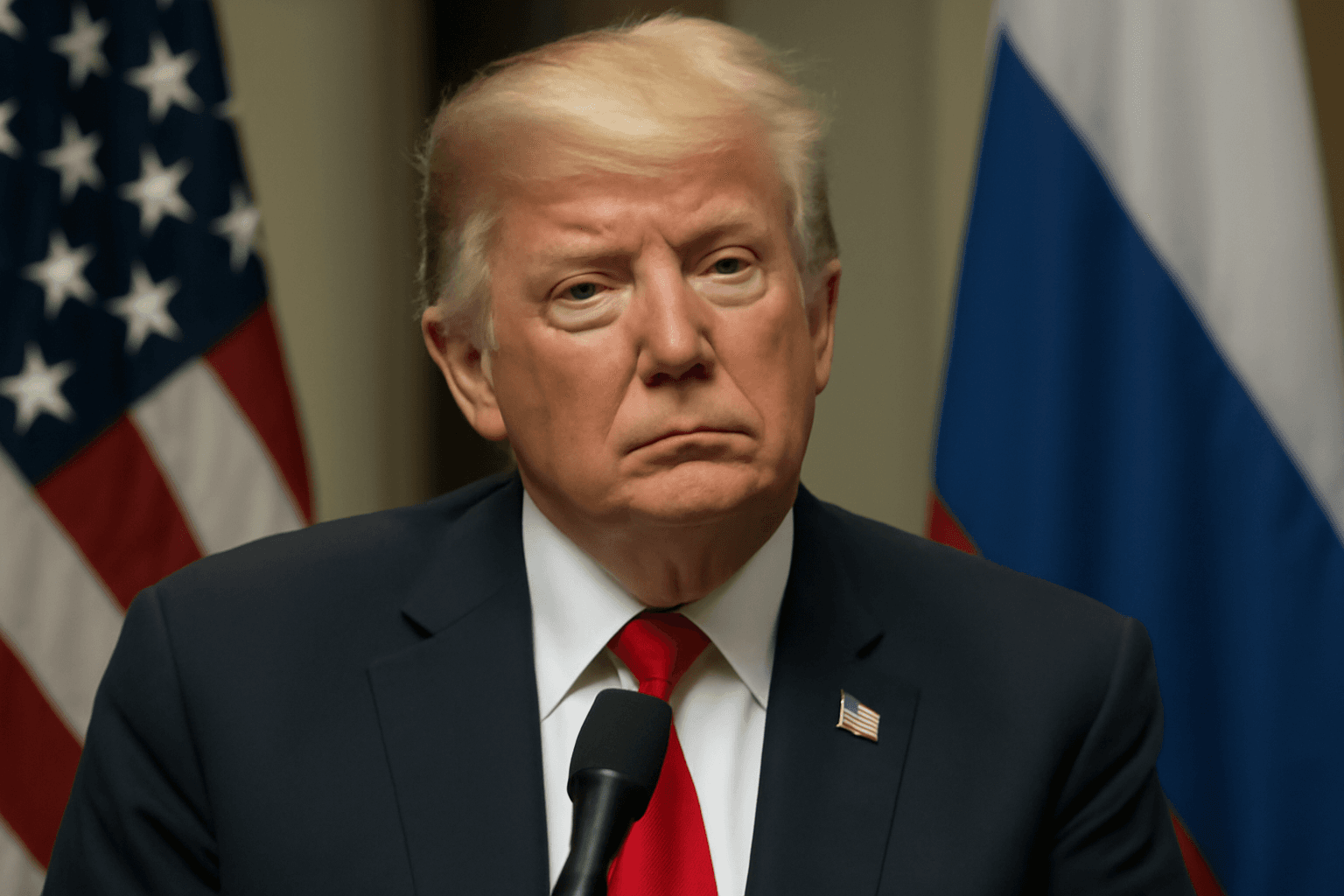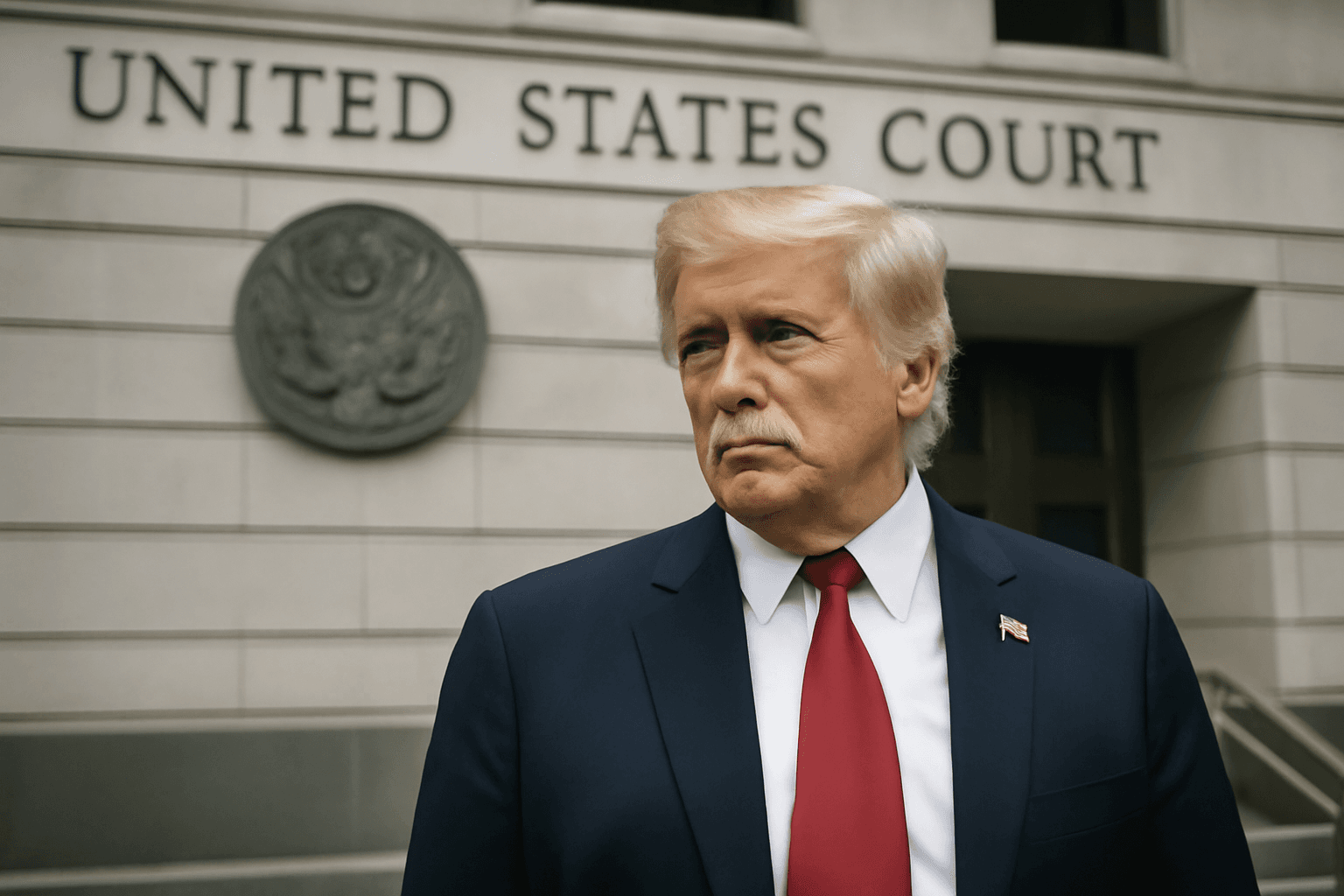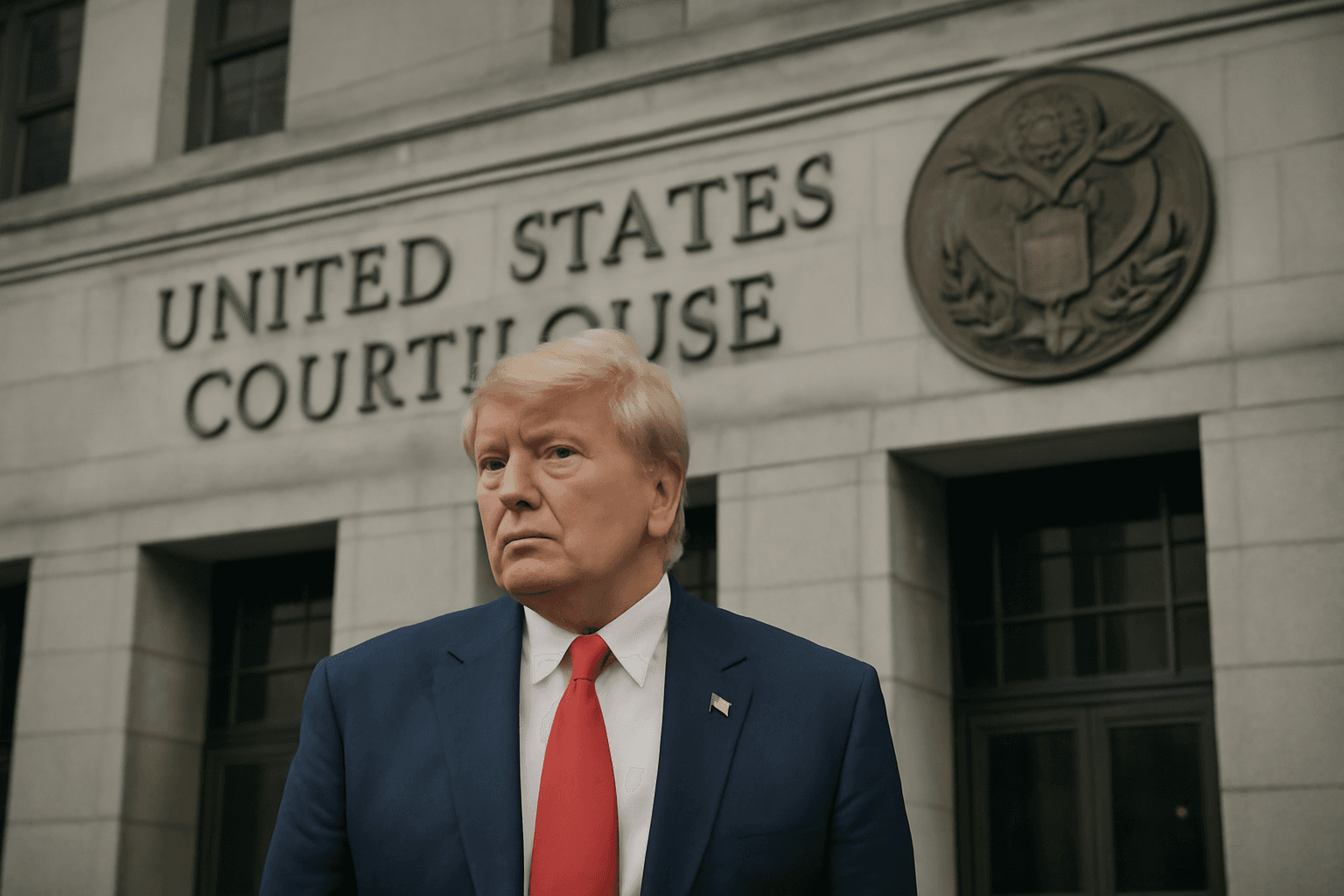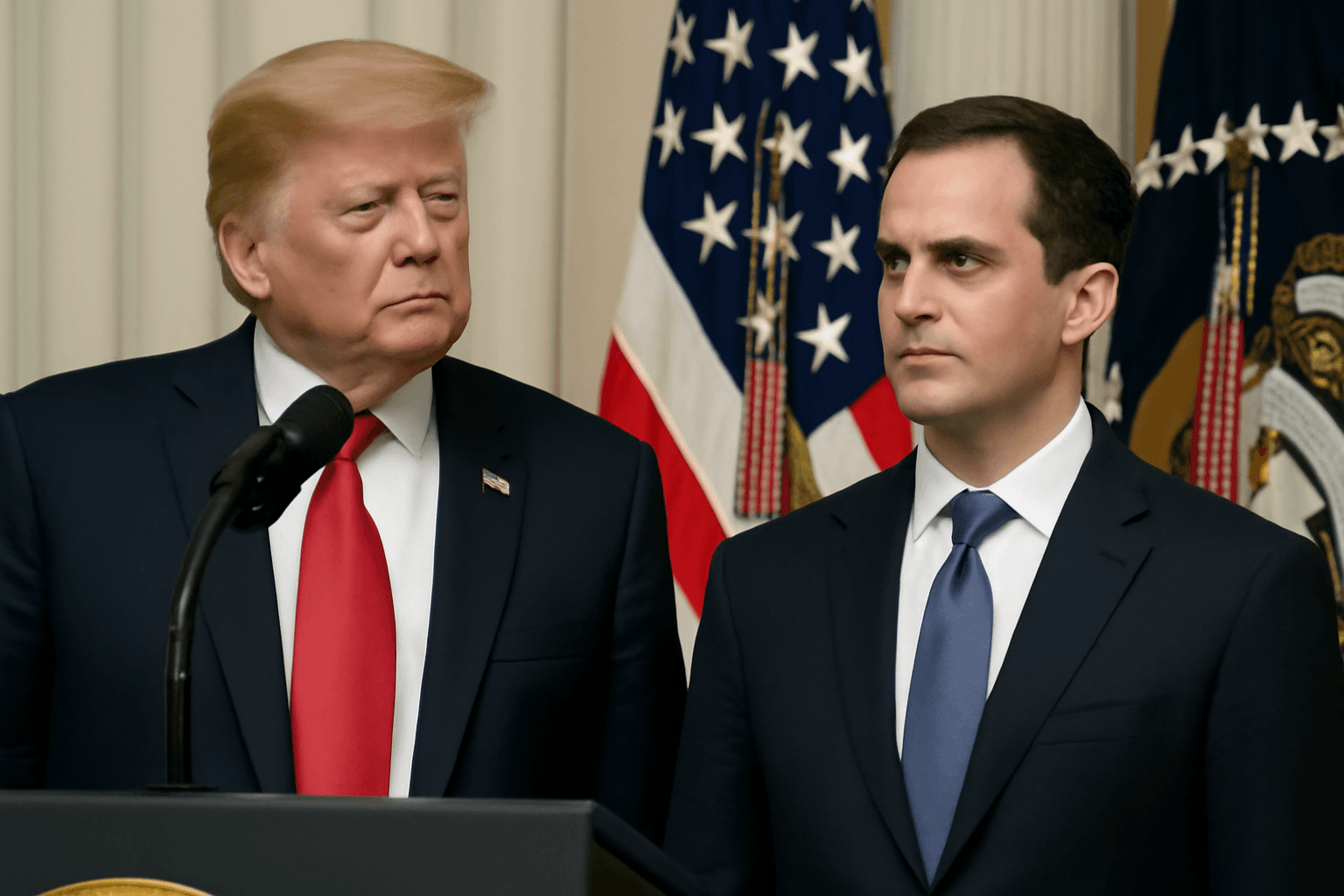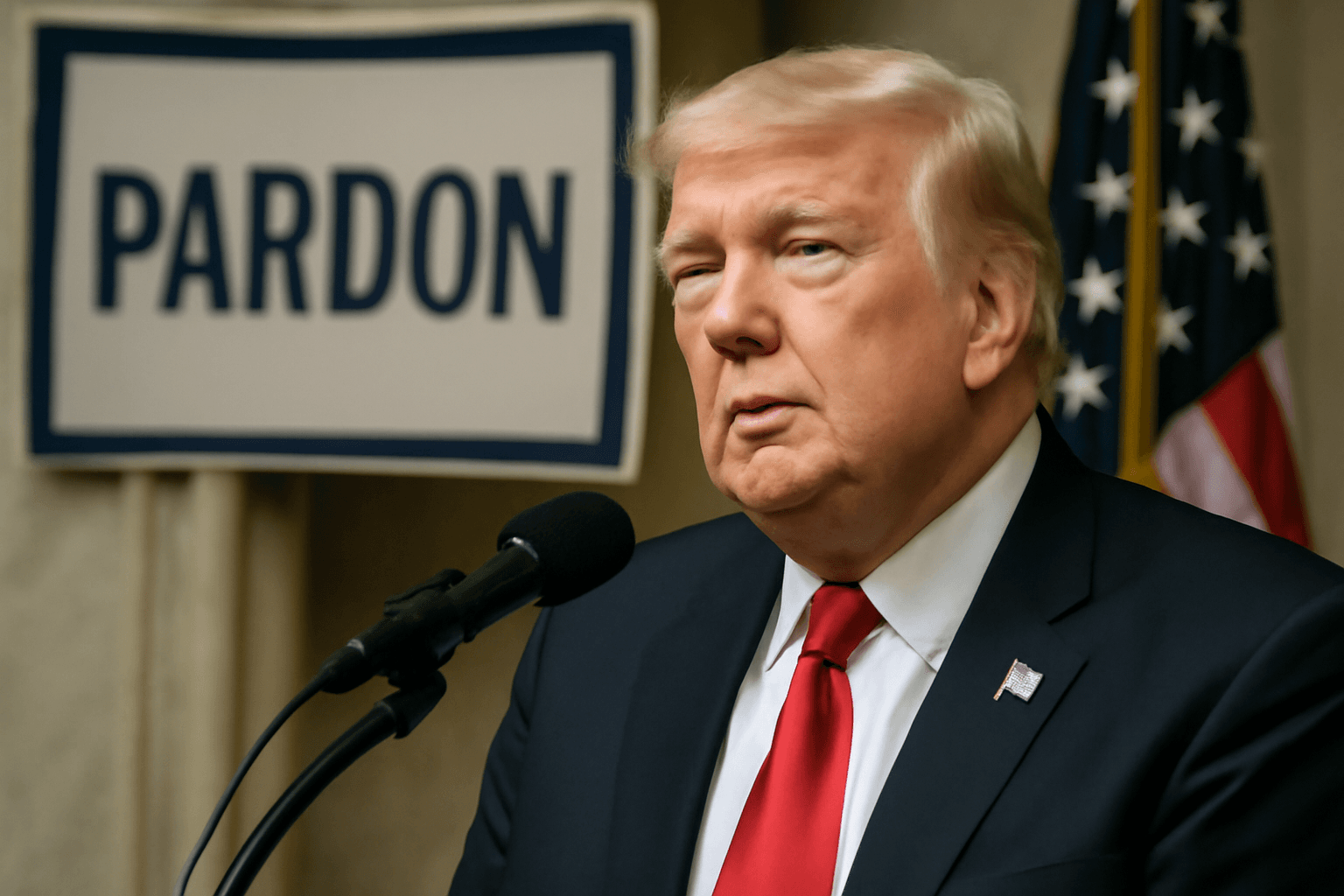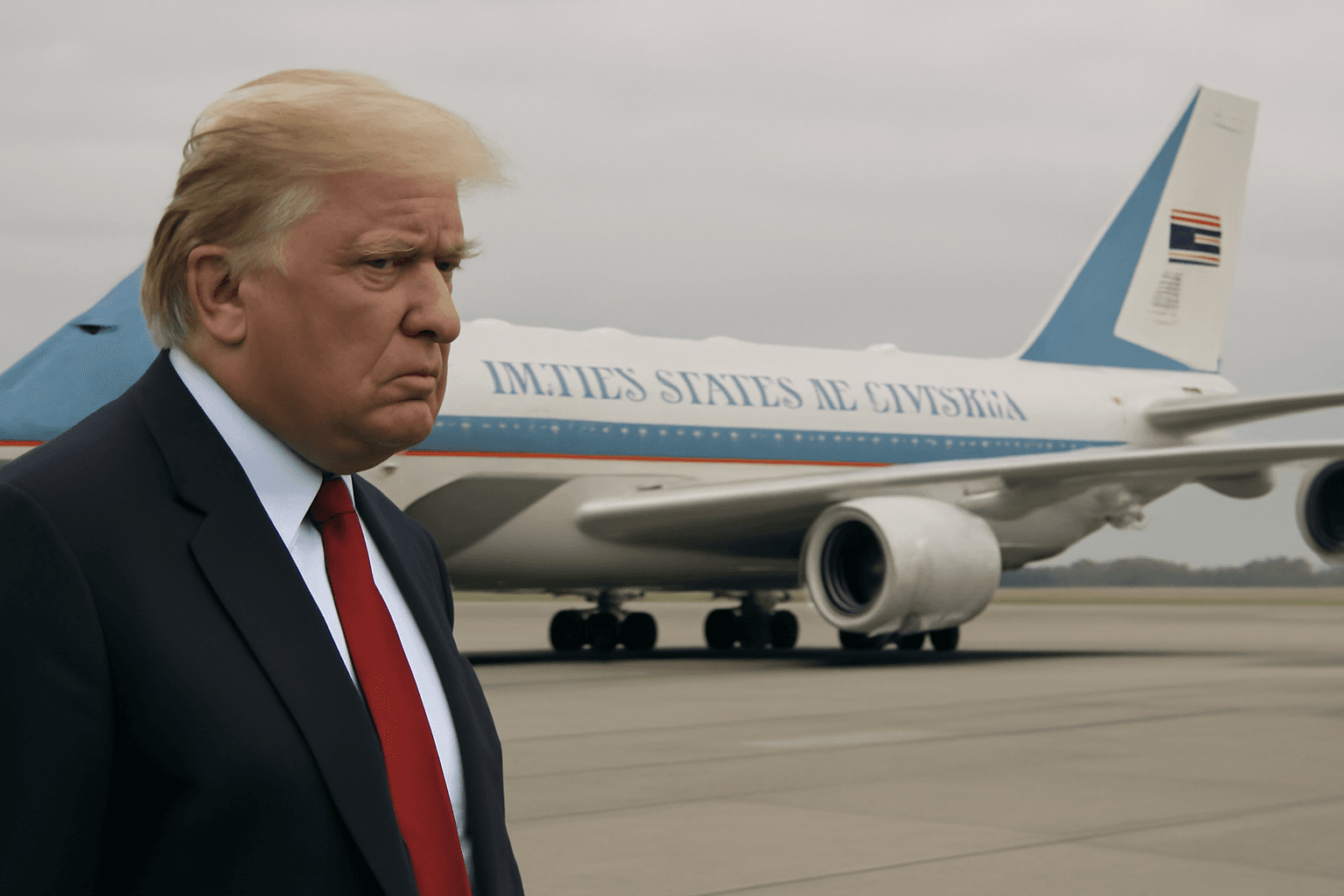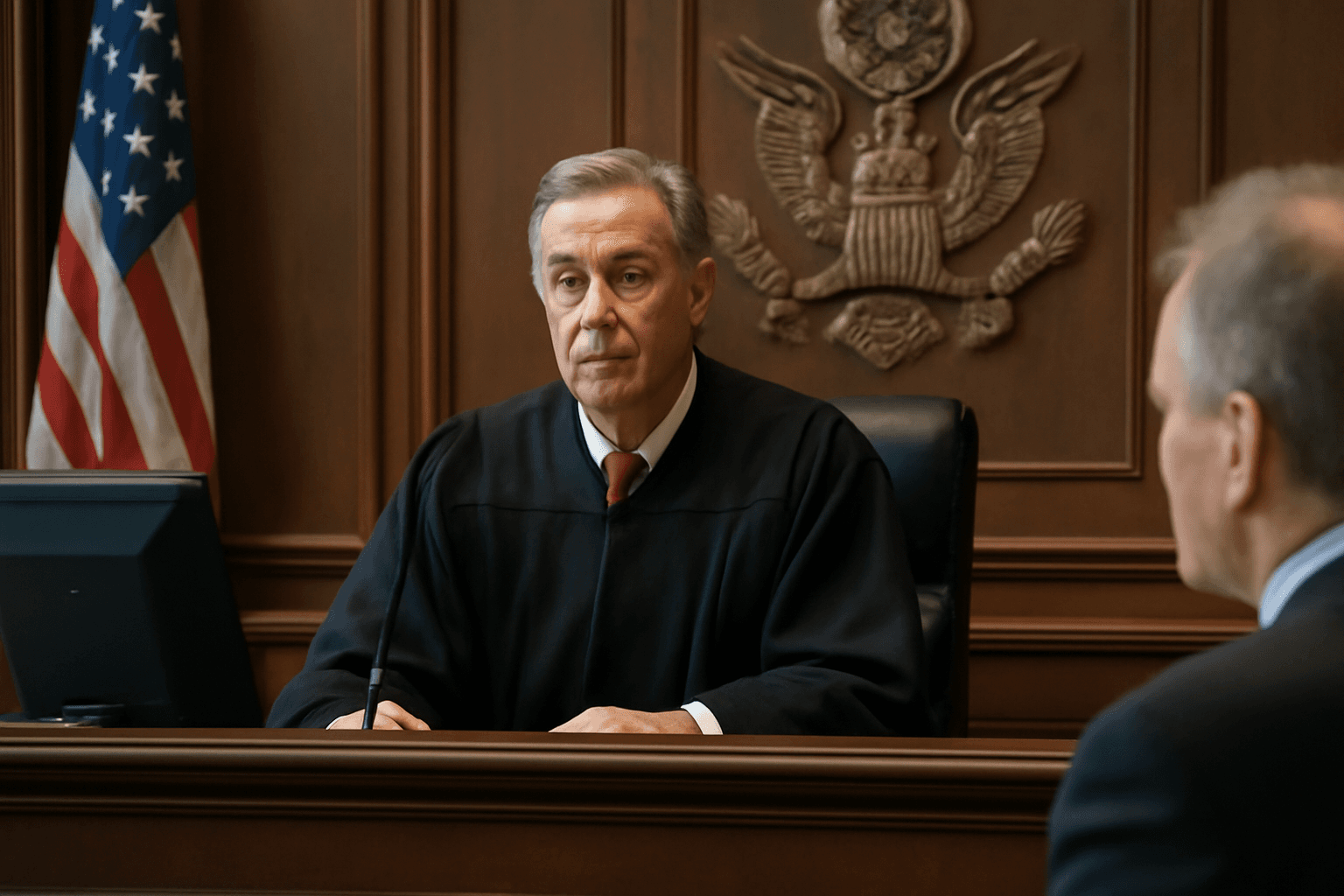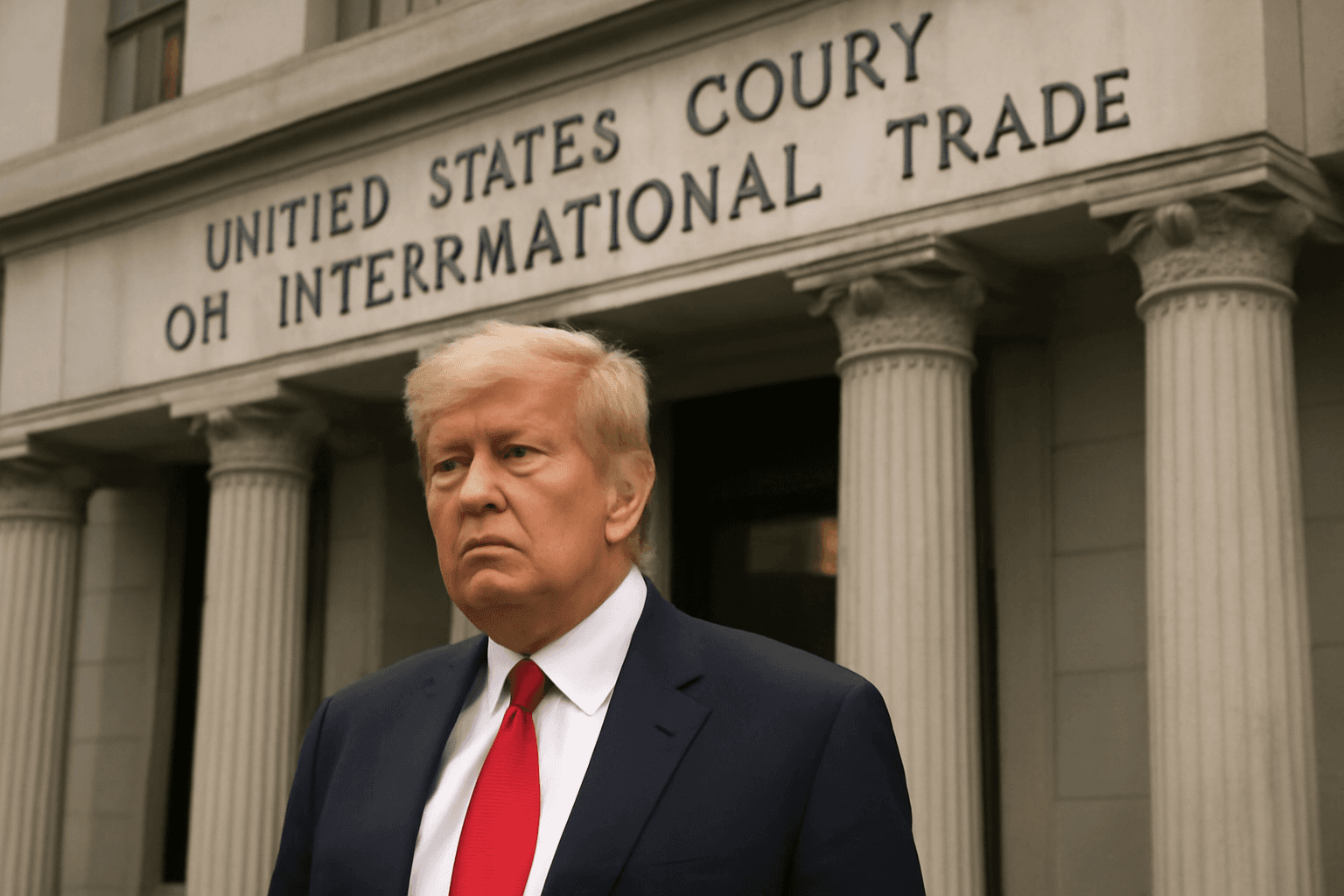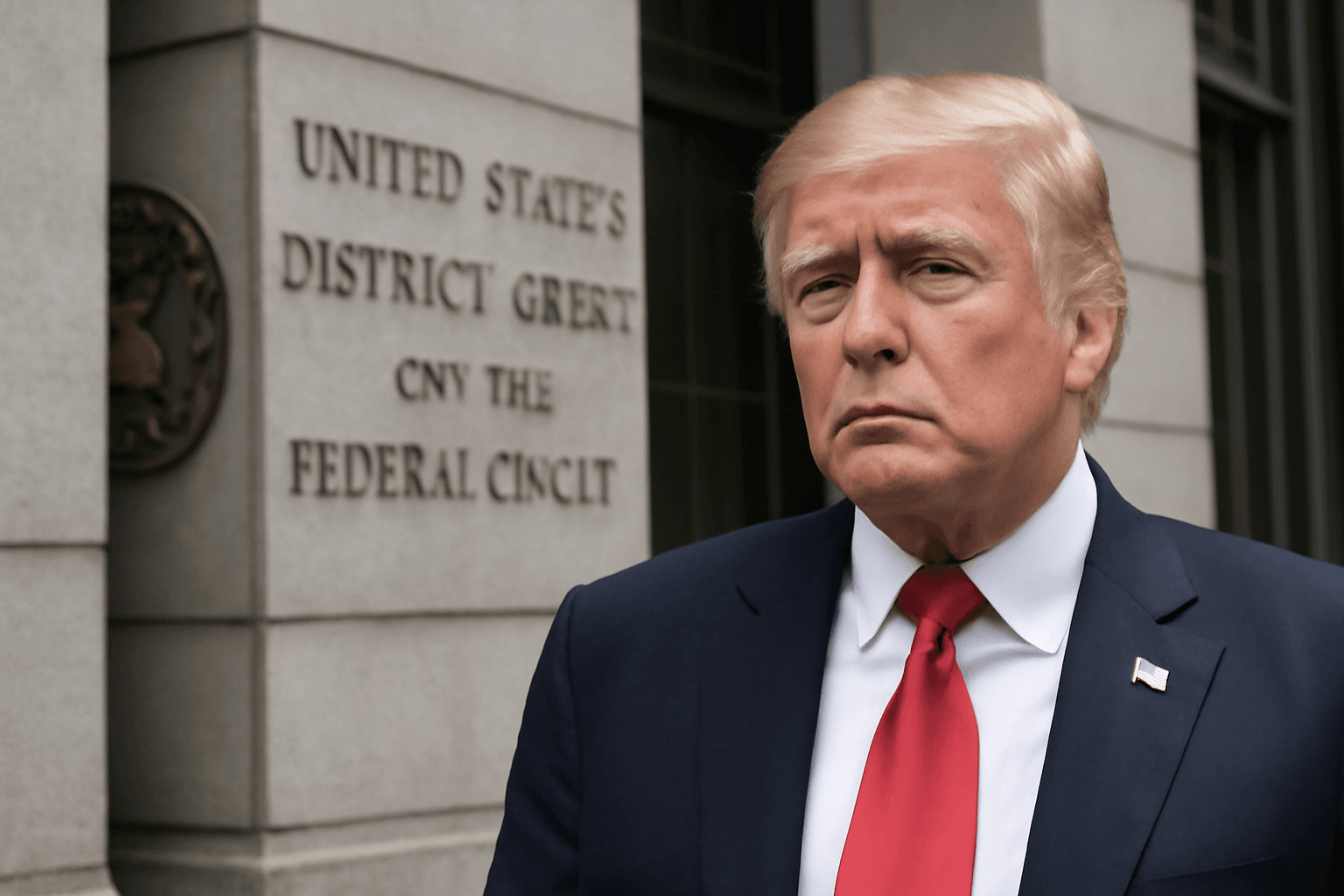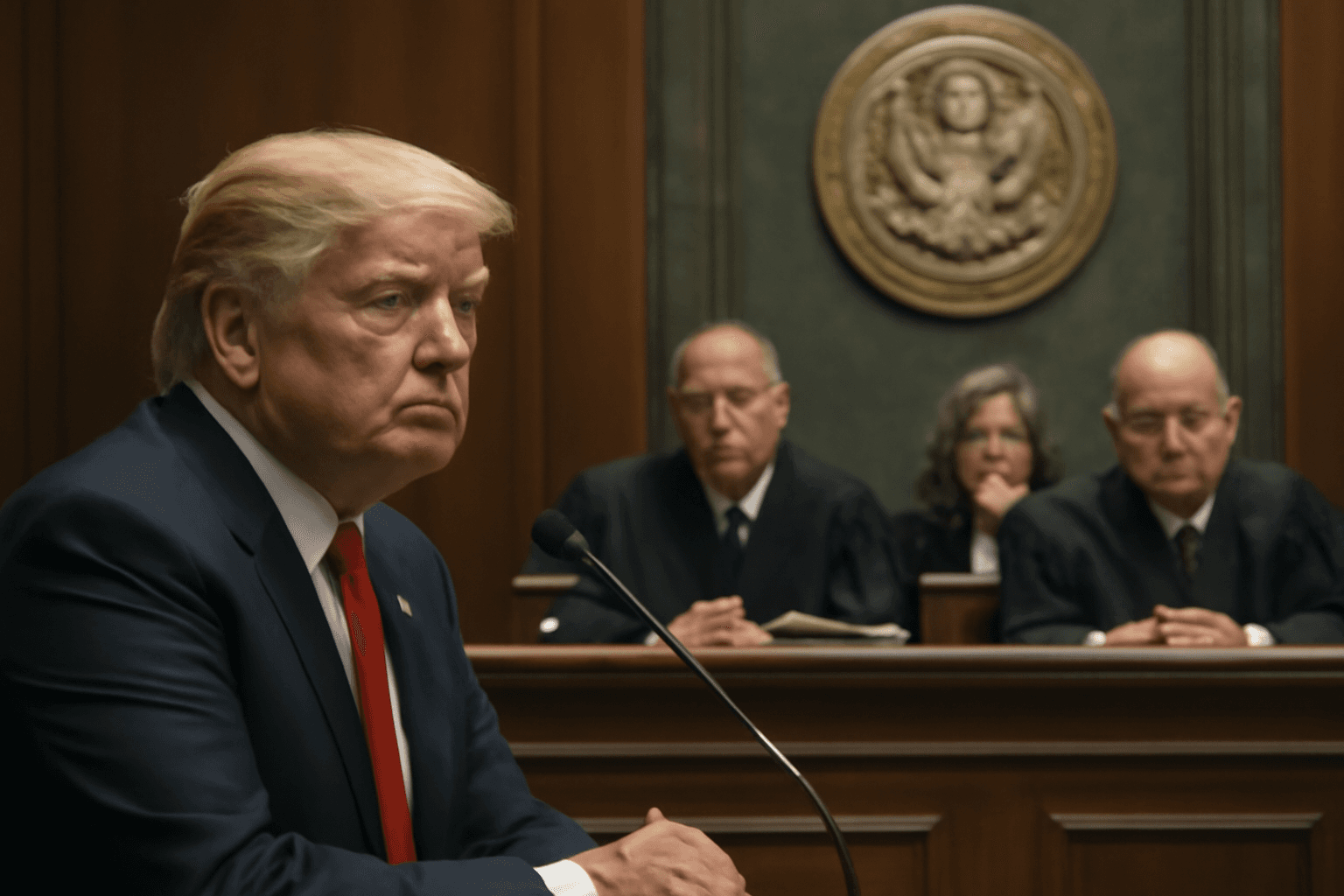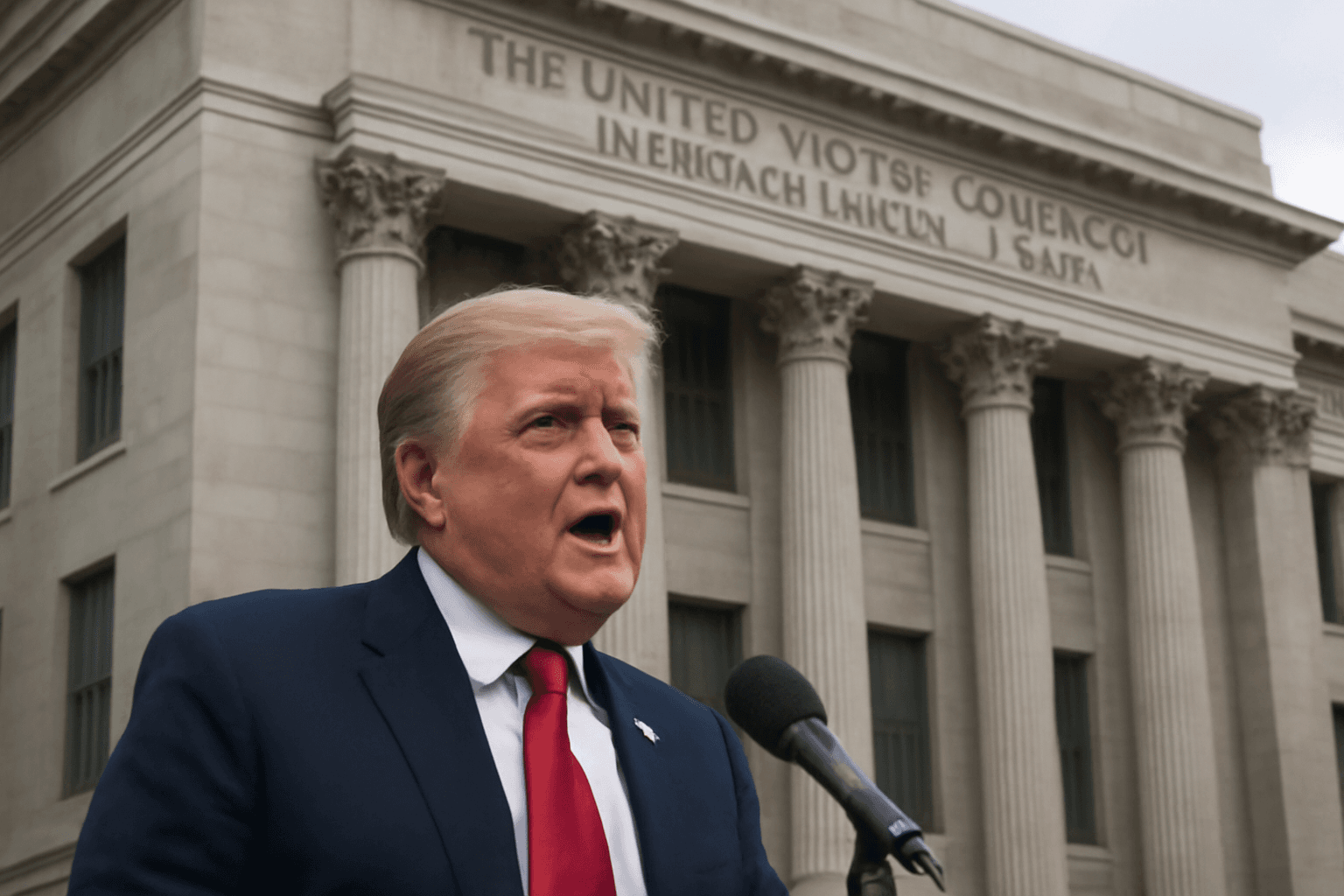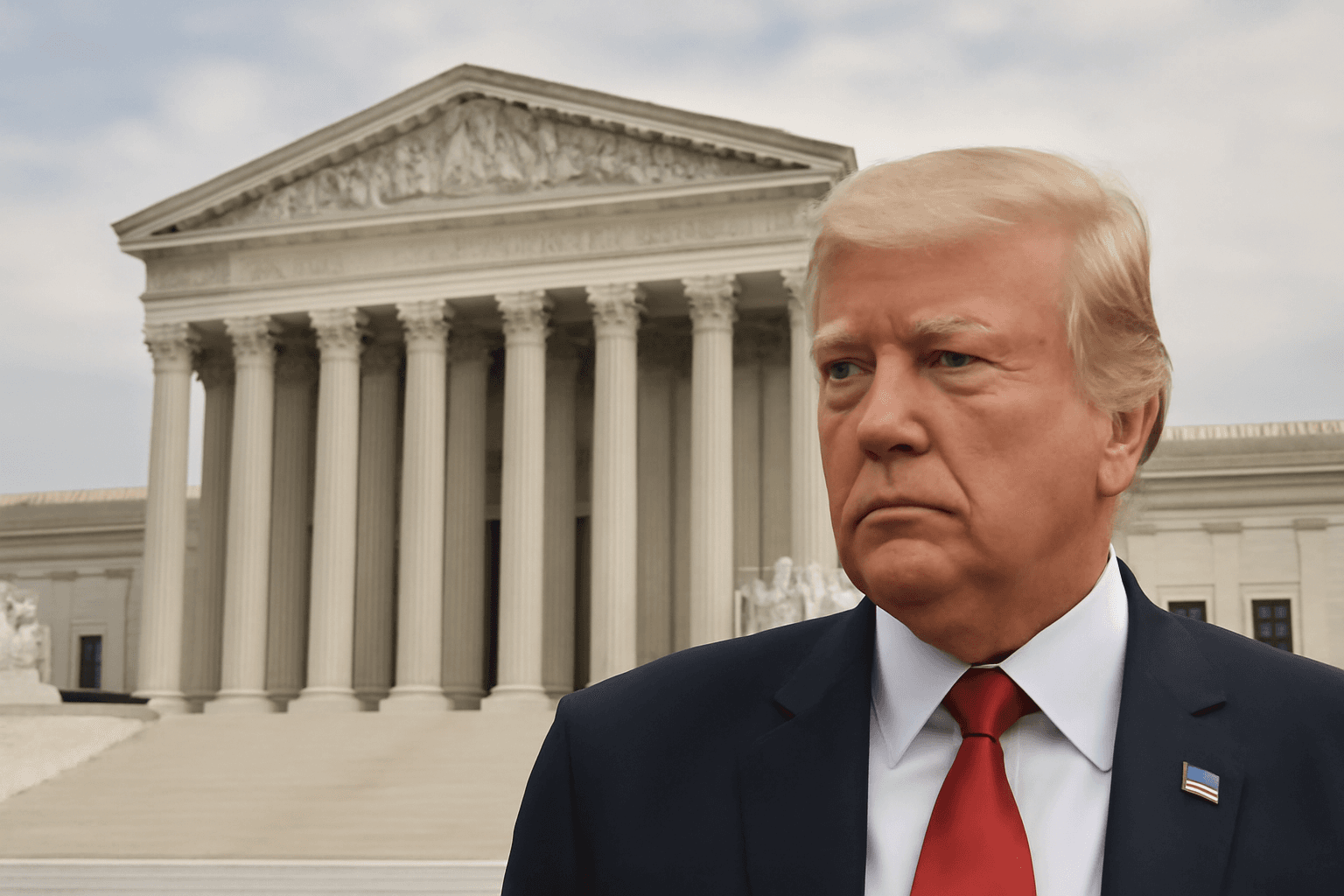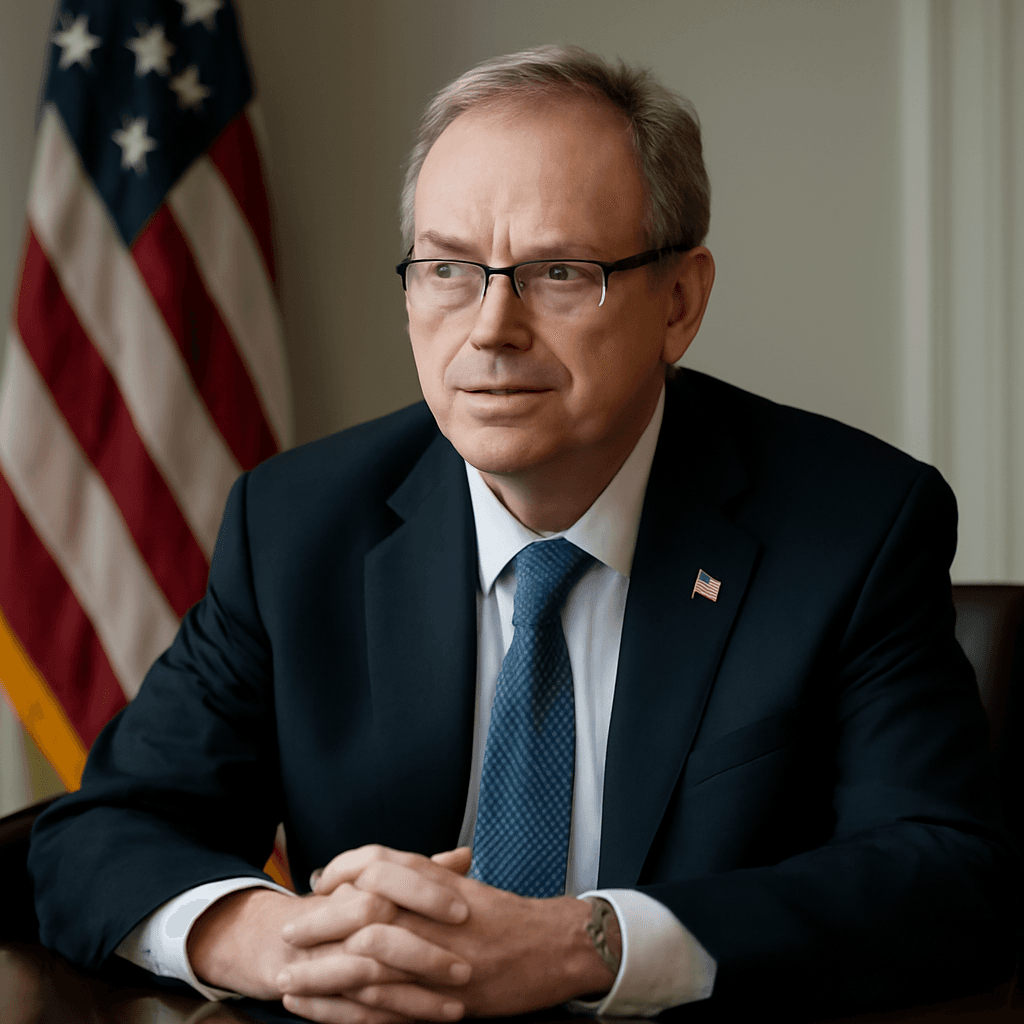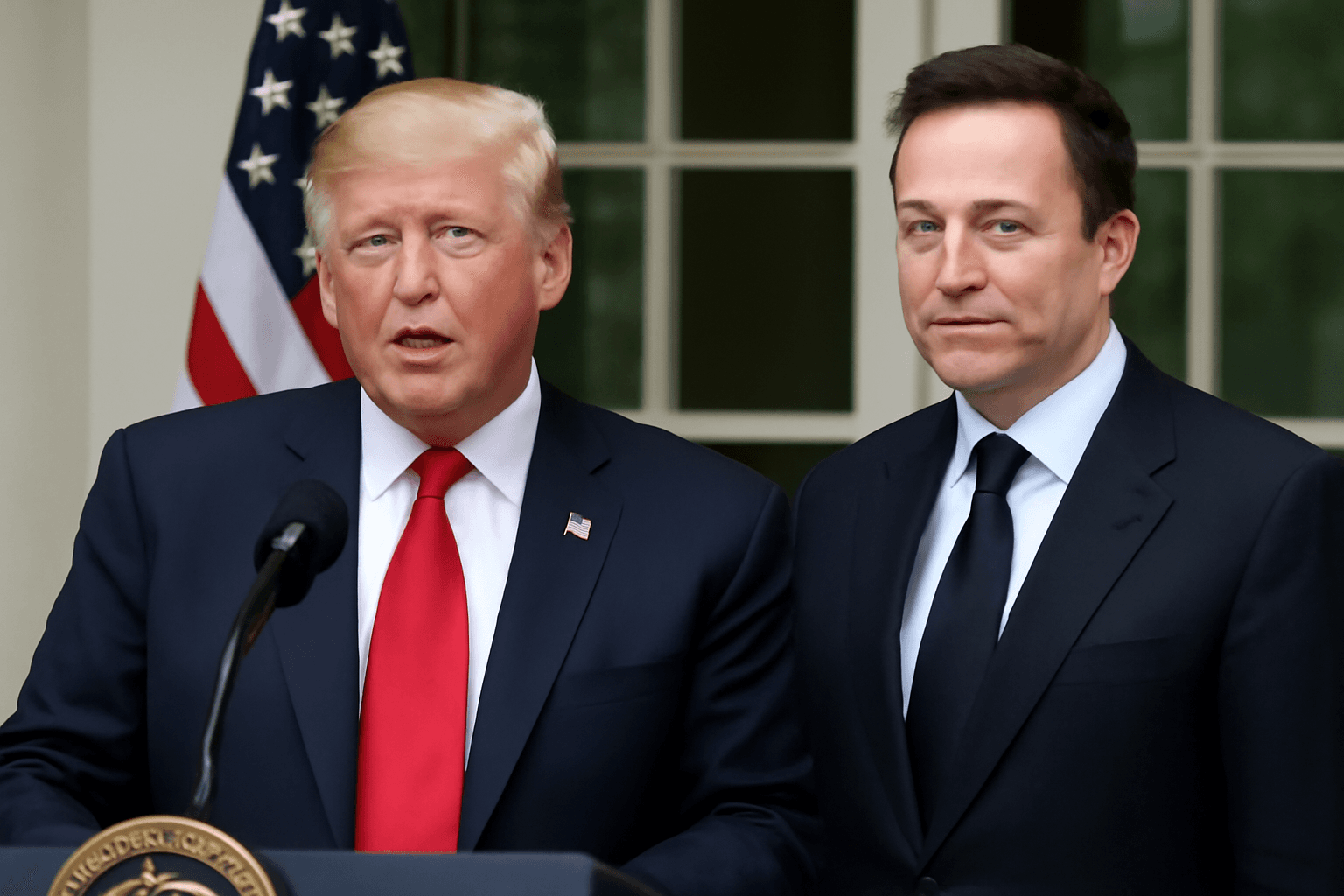On Friday, White House Press Secretary Karoline Leavitt responded firmly after a federal court invalidated President Trump's recent 'Liberation Day' tariffs announced on April 2. Leavitt emphasized that the tariffs aim to "rebalance" trade agreements globally and protect the United States from unfair economic disadvantages.
During a press briefing, Leavitt stated, "President Trump is rebalancing our trade agreements with the entire world, bringing in billions of dollars in tariff revenues, and finally ending our country from being ripped off." She criticized the court's decision, labeling the judges as "activist" and expressing concern that such judicial overreach could disrupt sensitive diplomatic and trade negotiations.
Leavitt defended the administration’s rationale, describing the tariffs as "legally sound" and necessary to enhance domestic manufacturing capability for national security and economic stability. She reaffirmed the administration’s commitment to challenging the ruling, confirming that an emergency appeal has already been filed with an expectation to escalate the matter to the Supreme Court if needed.
She further remarked on President Trump's reputation as the "negotiator in chief," asserting that international partners trust his trade policies and expressing confidence in ultimately prevailing in the legal battle.
The controversy stems from a decision by the U.S. Court of International Trade on Wednesday, which curtailed President Trump’s authority to impose the global tariffs, ruling that the use of the International Emergency Economic Powers Act (IEEPA) exceeded executive powers. However, on Thursday, a federal appeals court temporarily stayed the ruling pending further appeal.
The tariffs have faced significant legal challenges since their announcement. Two lawsuits filed by local businesses in May argue that the tariffs have caused direct harm to their operations. Furthermore, a coalition of twelve U.S. states has sued the administration, claiming the tariffs are unlawful and detrimental to the American economy, urging the court to halt their enforcement.
The White House remains steadfast, framing the tariffs as an essential strategy for protecting American interests and industrial capabilities in a competitive global market.

